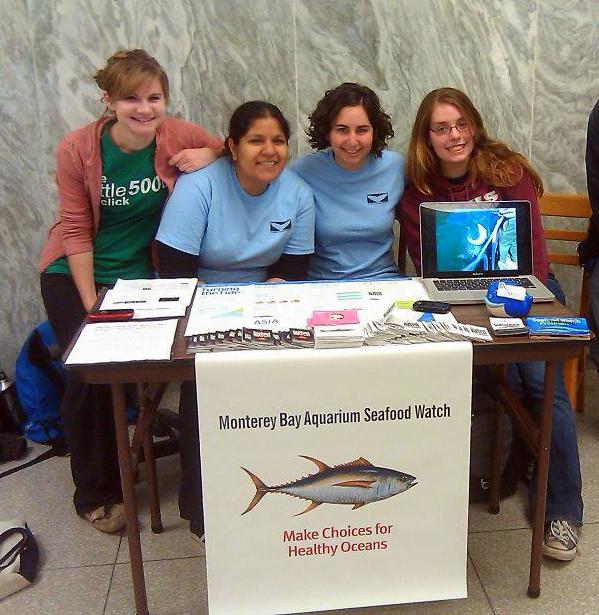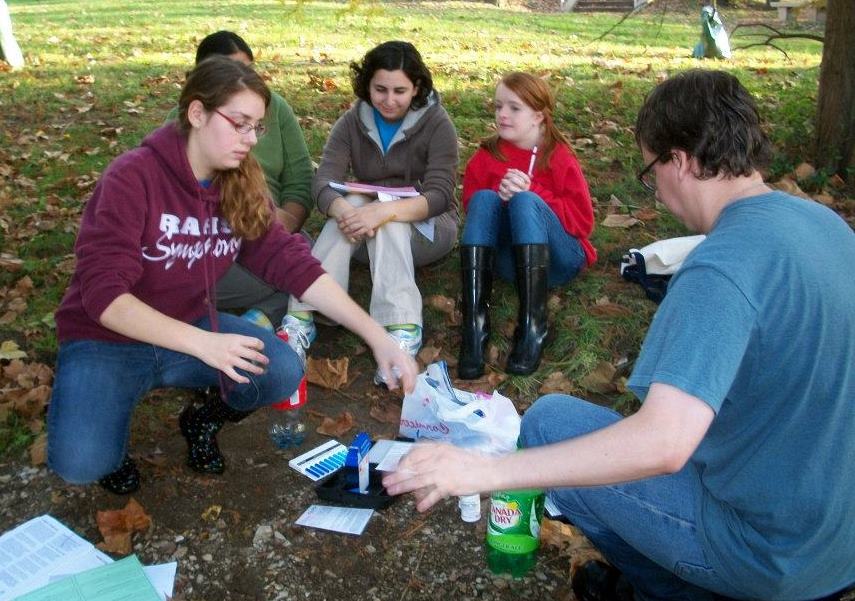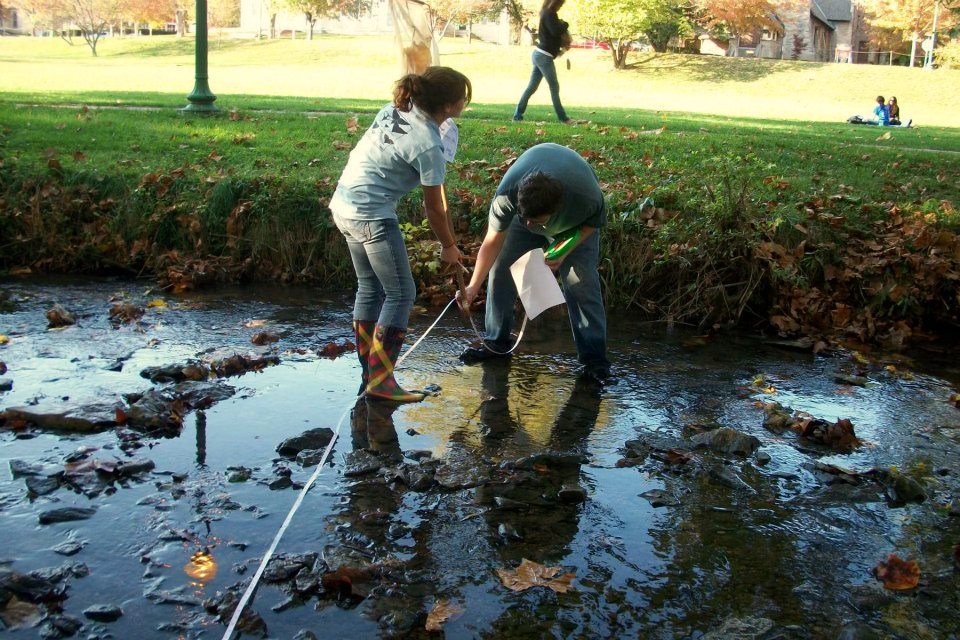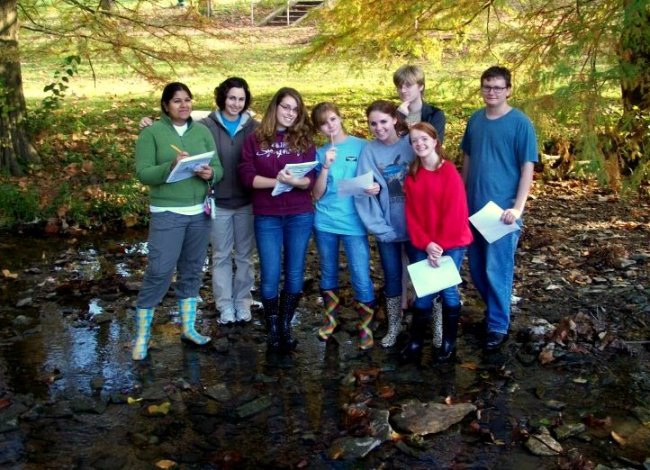|
ACS-Indiana University Bloomington
A Beginning in the Heart of the USA The ACS-Indiana University chapter was the first student group and helped spark the others, in the middle of the country! As bizarre as a landlocked marine conservation group may sound, this passionate group of Midwesterners successfully organized campaigns, community education initiatives, guest speaker events, among many other accomplishments. The group was founded in 2011 by Sabena Siddiqui who has now continued on as ACS Student Chair and is currently studying humpback whales in graduate school. These students understood that the health of the marine world and its inhabitants are integral to our own survival. The campus group began with a sustainable seafood campaign and added in campaigns on cetaceans in captivity, and plastics pollution. While they did not have a beach to clean up, the group led community river clean ups and did local river water quality testing to educate the community on watershed health.
 ACS IU students promoting sustainable seafood options on campus
The ACS IU seafood campaign was composed of 3 core aspects that engaged the community at different levels. 1) Rewarding local businesses by providing guiding metrics such as the Monterey Bay Seafood Watch guides. In return, the group promoted and encouraged students to support these businesses. 2) Community education through tabling at numerous campus and community events at hot spots and local festivals in the Bloomington, IN community. 3) Encouraging more sustainable campus dining options through encouraging campus housing departments to use sustainable seafood int their meals.   ACS IU students testing the water quality of the Jordan River on campus
The group's marine debris and plastics campaign combined citizen science with community education. While they were far from the oceans, the campaign used action to demonstration the connection between rivers, streams, and creeks to the global marine environment. Regardless of location, a community's treatment of local watersheds can impact the ocean. Marine debris often comes from inland and eventually spills out into the oceans. Members were trained by the Department of Natural Resources to conduct basic testing of biological, physical and chemical components of water systems.
|

